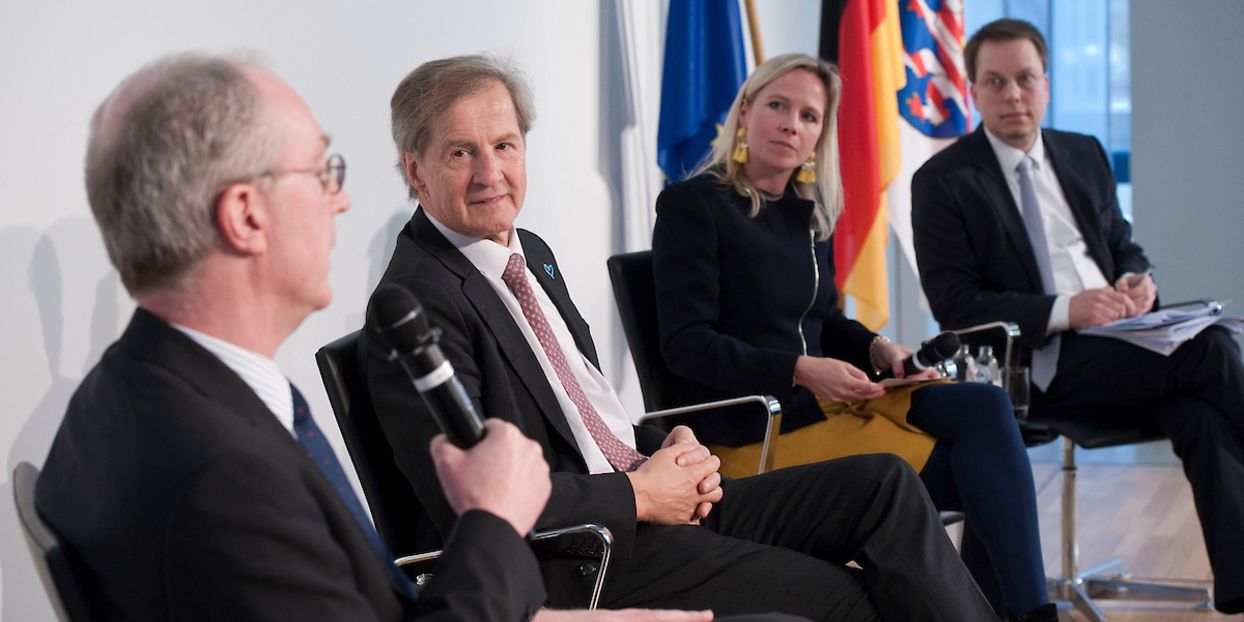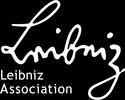
Die Krise Europas als Krise ihres Mehrwerts?
Event Review
European added value is an important criterion for assessing European policies. In budgetary terms, the expectation is to measure EU spending by whether it adds value compared to Member States' spending.
Most often qualitative criteria are used to describe the added value of the EU. The economist Friedrich Heinemann (Centre for European Economic Research and member of the steering committee of the Leibniz Research Alliance "Crises of a Globalised World"), on the other hand, develops quantitative criteria in his research which can be used to determine the economic added value of EU policy. The lively discussion, which was attended by Friedrich Heinemann, Jo Leinen (Member of the European Parliament) and Benjamin Hartmann (European Political Strategy Centre), initially focused on the question in which areas of EU policy promises of added value were fulfilled and in which not. According to Friedrich Heinemann, the added value in agricultural policy in particular was rather negative.
In the course of the debate, however, it became clear that the principle of added value is usually interpreted much further than the economic criteria. Especially in situations of European crises, Jo Leinen said, it is obvious to the citizens that European cohesion represents an unmistakable added value in itself. In this interpretation, measures that balance out the economic and social differences between European regions are not only cost factors, but also productive factors. None of the panellists disagreed with this, but Friedrich Heinemann recognised that an overly complex bundling of political objectives was an immunisation strategy against economically based criticism. After all, an added value - which is not only a metaphor, but wants to be measured - can no longer be determined if the degree of abstraction of the associated intentions is too high.
Benjamin Hartmann tried to differentiate between "added value", which is a question of the budget, and the principle of "sub-sidiarity", which concerns legislation. Such a differentiation would make it possible to examine the concrete questions of the EU budget on the basis of specific criteria, while more general questions of competences could fall within the field of subsidiarity.
At the same time, the debate with the audience, which was prudently included by the moderator Charlotte Geerdinck, showed that the concept of added value is also set for non-monetary issues and will probably be difficult to remove from the discourse. The intensive debate between the panelists and the audience falls at a time when the election to the European Parliament is casting its shadow. In this respect, this "Crisis Talk" was, as Friedrich von Heusinger, the head of the national representation, emphasized in his welcoming address, a fitting prelude to the 10th Crisis Talk, which will deal with the European elections in February 2019.
The organizers - the Leibniz Research Alliance "Crises of a Globalized World, the Representation of the State of Hesse to the EU, the European Office of the Leibniz Association and the Frankfurt Cluster of Excellence "The Formation of Normative Orders" - hope that political Brussels will then again participate in the event with similar numbers and interest.
